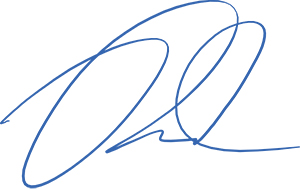


It is human nature to attempt to solve the gaps in our understanding in order to form a comprehensive and meaningful personal narrative that will allow us to confidently navigate our surroundings. It’s our ability to draw conclusions from the incomplete that helps us connect the dots and bridge the little gaps of information we experience in our daily lives. It is this ability that allows us to finish a sentence for a friend or coworker when they struggle for the right word. It is this ability to extrapolate that forms the basis of scientific discovery. The truth is, making shit up is normal and useful if the gaps in our understanding are small and our approach is disciplined, rational and rooted in experience and fact.
During times of tumultuous change, our inclination to fill in the blanks becomes counterproductive. The magnitude of change we are currently experiencing is beyond our ability to fully comprehend, creating enormous gaps in our understanding too large to competently span and too numerous to fathom. This further handicaps our efforts to bridge the gaps and triggers another aspect of human nature—our propensity to expect the worst.
It is this combination, our need to know and our penchant to wax negative, that is the root cause of the proliferation of conspiracy theories and the addictive consumption of clearly false and biased narratives. The anxiety of uncertainty has left many feeling vulnerable and grasping for answers. What once would have seemed laughably absurd now gathers large followings as millions seek to divine the future via personalized YouTube feeds and forums perpetrated by crackpots and opportunists, all in an attempt to sooth the anxiety associated with the absence of information.
To overcome these feelings of worry and prosper we must become comfortable being uncomfortable. It may be natural to expect the worst, but these feelings are rarely accurate and seldom productive. The absence of detail does not, by default, foretell of some sinister plan to deceive or manipulate. In fact, the space between the known is where the greatest opportunity resides. And the tools for its extraction are the opposite of our nature: a positive personal attitude, reinforced by mental grit and persistence of effort. In other words: If you are going to make shit up, make it positive.

